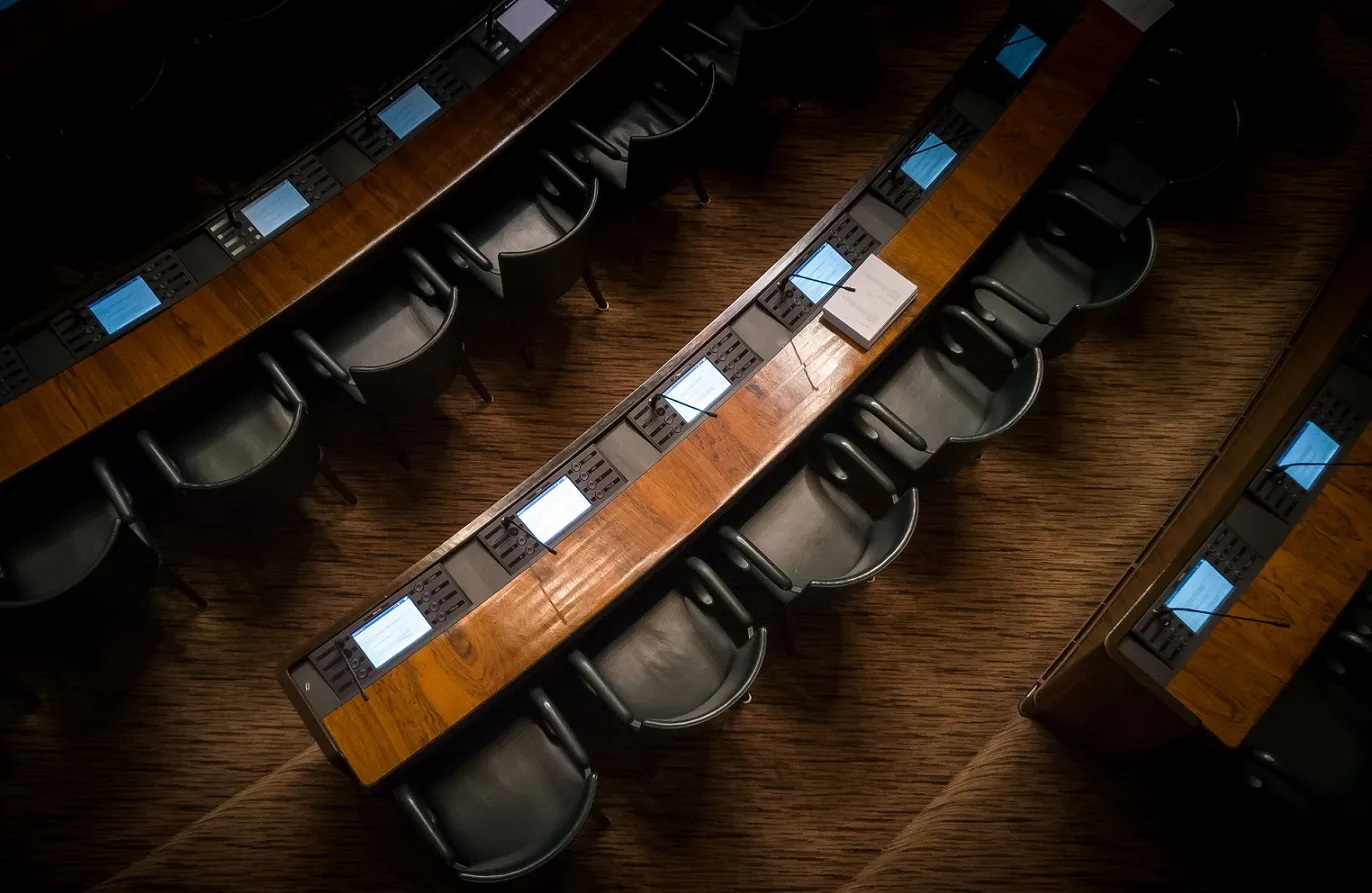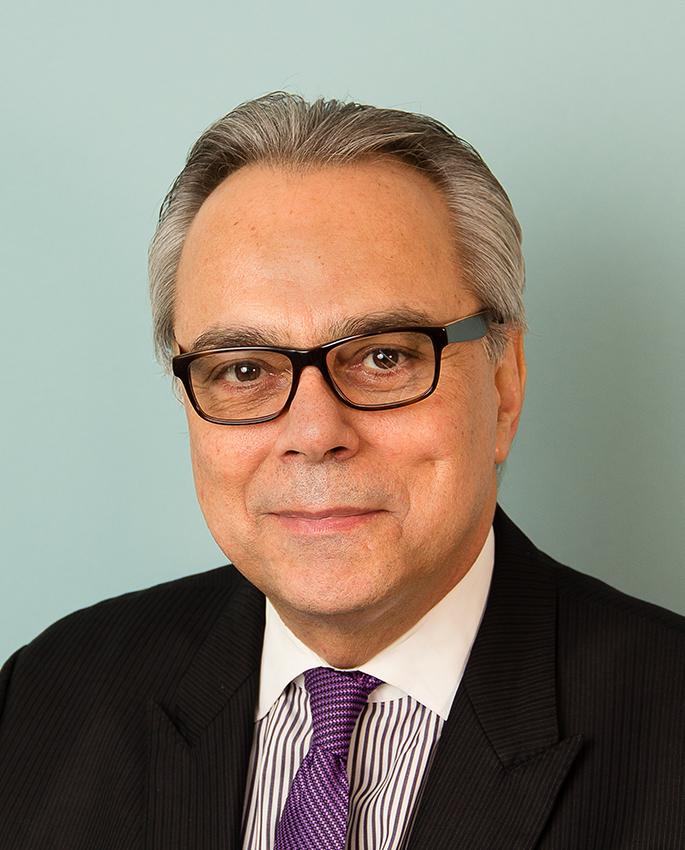
Disclaimer: Views expressed in this commentary are those of the staff member. This commentary is independent of specific national or political interests. Views expressed do not necessarily represent the institutional position of International IDEA, its Board of Advisers or its Council of Member States.
Este comentario está disponible en Español.
The third and final stage of the super-cycle of elections will take place in Latin America in 2019, a marathon of six presidential elections. By the end of this stage, towards the end of this year, 15 of the 18 countries of the region will have held presidential elections in only 36 months.
This round of elections is taking place in an economic, social, and political context characterized by high uncertainty, volatility, polarization, and populist trends. Regional economic growth will be mediocre: 1.3 per cent according to the IMF, but with a variety of situations among the countries. Poverty will remain around 30 pe cent, the reduction of inequality will remain stagnant, and the labor market will continue to be unable to generate the quality jobs the region needs.
All the polls highlight the sentiment of democratic fatigue throughout Latin America, precisely 40 years after the beginning of the Third Wave of democracy (1978-1979). The data from the 2018 Latinobarómetro survey cast light on the middle age crisis that Latin American democracy is experiencing: support for democracy fell to 48 per cent; indifference as between democracy and authoritarianism increased to 28 per cent; dissatisfaction with democracy climbed from 51 per cent to 71 per cent; and satisfaction fell from 44 per cent to 24 per cent.
The 2019 election calendar has two stages: three elections in Central America during the first half of the year, and three more in South America all in October.
In the Salvadoran presidential election held on 3 February, the young anti-establishment candidate Nayib Bukele won a comfortable victory in the first round, inflicting a harsh defeat on the two hitherto dominant parties. Despite his victory by a large margin, Bukele will have to address an agenda fraught with challenges, among them guaranteeing governability while having a minority in the legislature.
In the Panamanian elections of last 5 May, Laurentino Cortizo (Partido Revolucionario Democrático) obtained a narrow victory over Rómulo Roux (Cambio Democrático). As has happened since 1989, there will be alternation in power. The difference compared to the recent past is that the PRD (center-left) will have a majority in the National Assembly thanks to its alliance with partner MOLIRENA.
The first round of the Guatemalan elections took place on 16 June. That election was characterized by a high level of uncertainty, marked fragmentation, and excessive judicialization. Of the three candidates (all women) at the top of the polls—Zuri Rios, former Attorney General Thelma Aldana, and former First Lady Sandra Torres—only Torres continued in the race, while the candidacies of the other two were rejected by the Constitutional Court. As Torres (UNE), who emerged from the first round on top with 25 per cent of the votes, fell short of an absolute majority, she will face off in the second round with Alejandro Giammattei (VAMOS), who finished second with 13 per cent, on 11 August. The Congress was elected on the first round, resulting in a high degree of fragmentation; it will include from 17 to 20 political forces. Torres’s party, while receiving the largest number of seats in the legislature—just over 50 of 160—will not have a majority.
The three South American elections are also characterized by high uncertainty.
On 20 October, President Morales will seek his fourth consecutive term. The defeat Evo suffered in the 21 February 2016 referendum had closed off the possibility of a new candidacy. Nonetheless, with a forced interpretation of the Constitution and the help of the justice system (under his influence) he succeeded in being qualified to seek a new term. The latest polls give Evo a slight advantage over former president Carlos Mesa, the main opposition candidate. After 13 years with Evo as president, the opposition has a chance of reaching power so long as the various opposition sectors are able to unite and win the vote of the undecided, who, given their large numbers, will determine the final outcome.
In Argentina, the 27 October elections will take place in a context of economic crisis and high volatility. For now the polls reflect a tight contest between President Mauricio Macri his vice-presidential running mate Miguel Angel Picheto, and the slate of Alberto Fernández and former president Cristina Fernández de Kirchner (as vice-presidential candidate). The marked polarization and preeminence of the “anti” vote (anti-kirchnerismo or anti-Macri), will probably leave little space for other political forces. Certainly the campaign has become “Peronized”: five of the six candidates who make up the three leading slates are peronistas. Four months ahead of the first round all scenarios are open, including the final makeup of the slates, which will become official on 22 June and will be confirmed in the 11 August primary elections. Nor it is clear whether, when it comes to voting, fear (of a possible return of kirchnerismo) will prevail over disillusionment (due to Macri’s mediocre administration) or whether disillusionment will prevail over fear. The only certainty is that governability will be the great challenge the new president will face, since whoever is elected will not enjoy a legislative majority.
Also on 27 October, Uruguayans will hold their most uncertain and competitive general elections since 1989. The Frente Amplio is showing a significant level of attrition after three consecutive terms in government, and an economy facing problems, and it does not have either of its two main leaders, Mujica and Vázquez, as candidates. Those candidates who are best positioned, and who should be confirmed in the internal elections next 30 June, are Daniel Martínez (Frente Amplio), Luis Alberto Lacalle Pou (Blanco), and Julio María Sanguinetti and Ernesto Talvi (Colorado). Everything would appear to indicate that a second round will be required, and that the new president will not have a legislative majority.
Taking stock: The results of these elections will define the direction and intensity of the political change under way in the region, deepening the turn to the center-right, or maintaining the current ideological heterogeneity; the anger vote will continue to be present, along with the high levels of uncertainty and polarization; the middle class sectors will continue to play a key role when it comes to defining the results; the social networks will increase their relevance, presenting major challenges when it comes to fighting the fake news and disinformation. The new presidents will have to learn to listen to their citizens, regain trust in politics, and offer quick and effective results to meet the growing citizen demands. Otherwise, as we have already observed in several countries of the region, citizen frustration could trigger an accelerated loss of popular support, a growing divorce between politicians and the citizenry, greater political disaffection, and complex governability, in an environment of crisis and democratic fatigue, with high levels of poverty, corruption, and violence.




